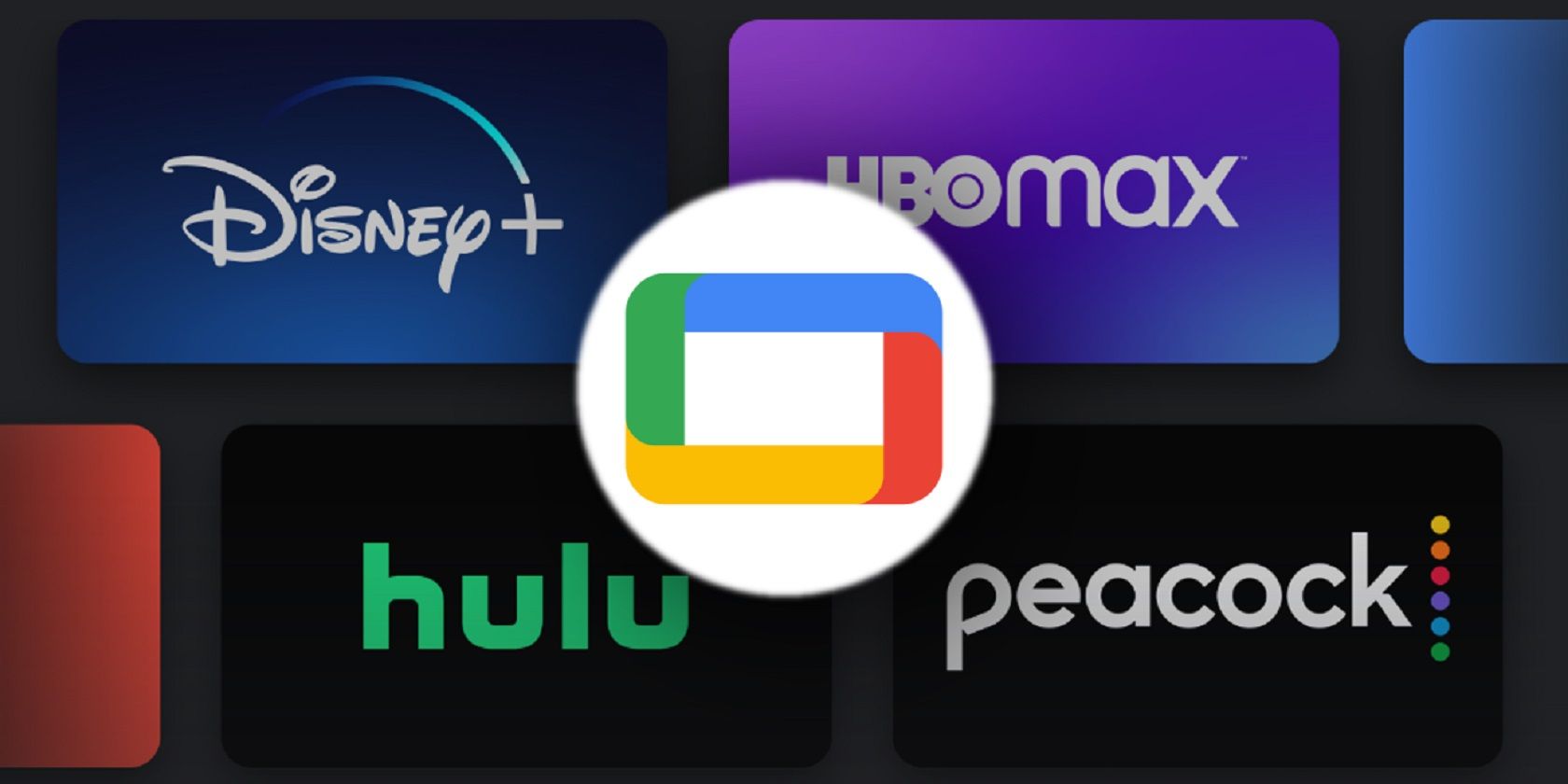Summary
- Google TV’s For You tab is getting a new row containing 15 free live streams from news organizations covering the upcoming total solar eclipse.
- However, this row of free live-streaming options on Google TV could be limited to some parts of the world.
- NASA’s website will also stream the total solar eclipse on April 8 with interactive elements and scientific breakdowns of the event.
A bulk of the current news coverage revolves around the 2024 total solar eclipse, and with good reason. Occurring on April 8 across Mexico, the US, and Canada, millions are expected to arrive in the path of totality during this captivating astronomical phenomenon. But people who are either far away from the locations or simply don’t want to make the trip need to find other options. Reputed agencies, such as NASA, as well as news organizations, have a live stream for the event, and we can now add another option to the list.

Google TV needs to get better, and it needs to do it now
Ditching Android 9.0’s UI design sure would go a long way
Starting today, Google will highlight free live streams from 15 news organizations on top of the For You page, giving easy access to the total solar eclipse (via Android Central). However, I couldn’t find this view on my Chromecast with Google TV at the time of this writing, so it’s likely that this horizontal view of FAST (free ad-supported streaming television) services is limited to specific regions. Thankfully, there’s always the option to open the YouTube app on your Google TV and find a suitable live stream for this rare event.
Here are the 15 FAST services that will appear on Google TV starting today:
- NBCNewsNow
- Scripps News
- Reuters Now
- NBC Dallas-Fort Worth
- NBC Washington DC
- NBC SanDiego
- NBC Los Angeles
- NBC Philadelphia
- NBC NewYork
- NBC Connecticut
- NBC South Florida
- NBC Boston
- NBC BayArea
- NBC Chicago
- AccuWeather NOW
Capturing the April 8 total solar eclipse safely
As people get their eclipse-friendly glasses to watch the big event with their own eyes, many will also be eager to capture this historical event through their cameras. To help out with this process, NASA last month published a short video detailing how to safely photograph the April 8 total solar eclipse.
There’s good reason to capture the eclipse with your smartphone or a standalone camera. According to NASA, the next total solar eclipse visible from the contiguous US will occur on August 23, 2044, so it’s going to be a long wait. Meanwhile, the agency’s page will host a live stream covering all aspects of tomorrow’s total eclipse. The website also provides other interactive elements breaking down the science behind the event.





